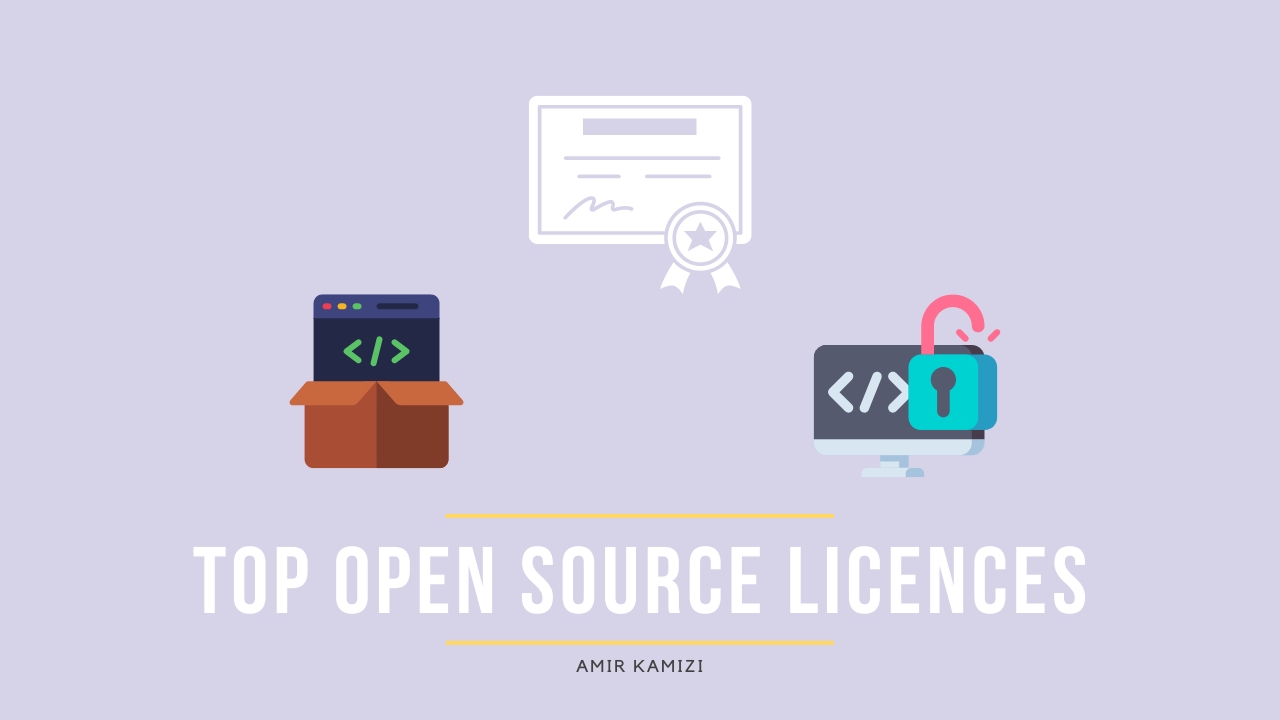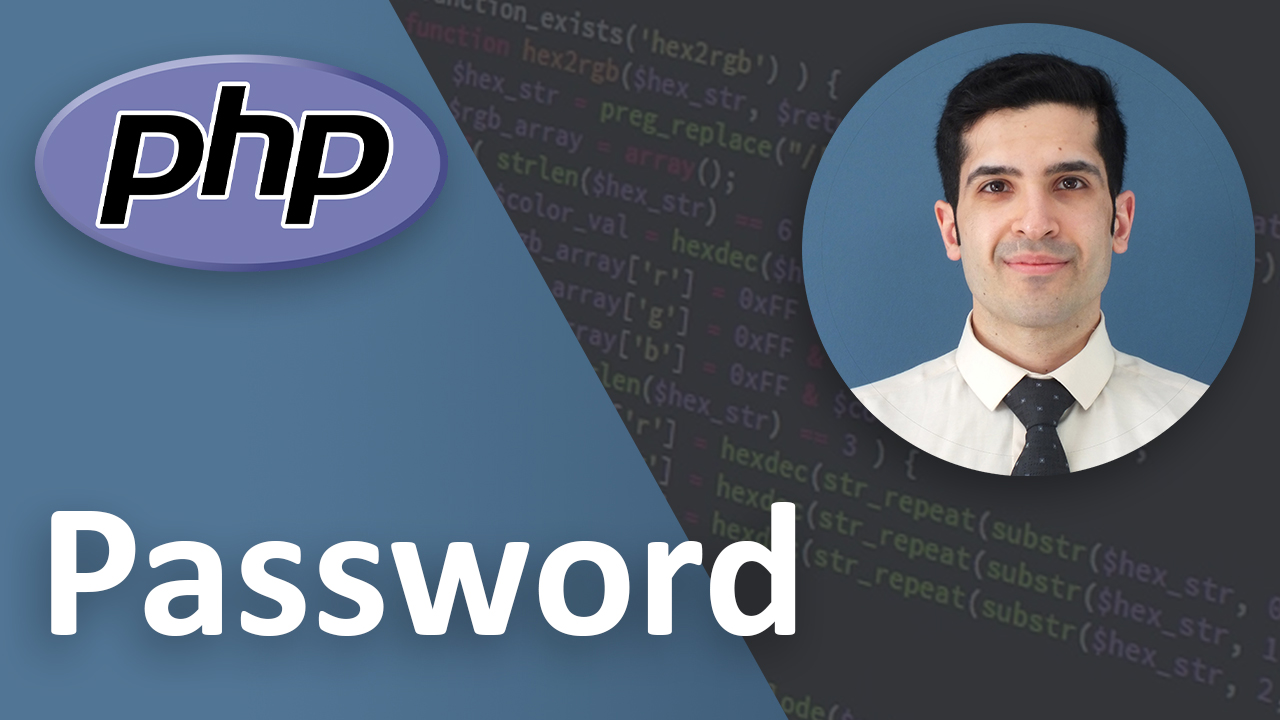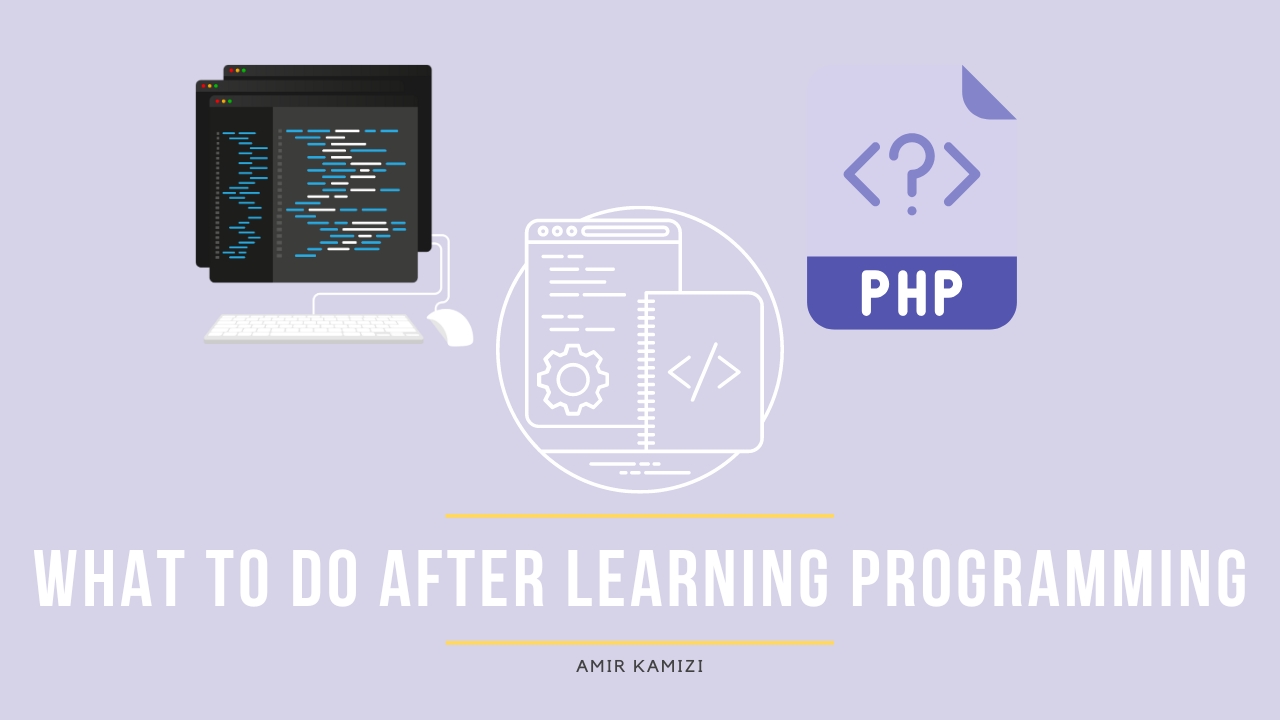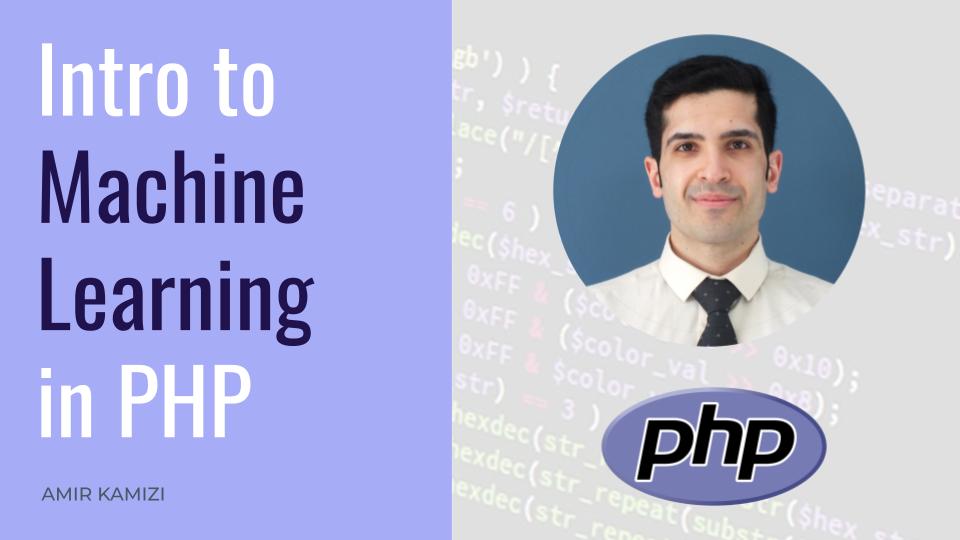Top Open Source Licenses: Understanding Your Options
Last Updated on May 07, 2024
- Introduction
- Top Open Source Licenses
- MIT License
- Apache License
- GPL (GNU General Public License)
- BSD (Berkeley Software Distribution) License
- MPL (Mozilla Public License)
- LGPL (Lesser General Public License)
- Eclipse Public License
- AGPL (Affero General Public License)
- CDDL (Common Development and Distribution License)
- Unlicense
- Conclusion
Introduction
Open source licenses dictate how software can be used, modified, and distributed. Understanding the different types of licenses is essential for developers who want to use open source code in their projects or contribute to open source projects themselves. In this blog post, we'll explore some of the most popular open source licenses, their key characteristics, and provide explanations for some specific terms.
Top Open Source Licenses
MIT License
A permissive license that allows users to do pretty much anything with the code, as long as the original license and copyright notice are included. Permissive licenses are generally more lenient and grant more freedom to users compared to copyleft licenses.
Apache License
Very similar to the MIT License, but with more comprehensive patent protection and requirements for attributions. Patent protection prevents the licensor from suing the licensee for patent infringement, providing a safer environment for users.
GPL (GNU General Public License)
A copyleft license that requires any derivative work to be licensed under the same terms as the original work. Copyleft licenses ensure that any modifications or additions to the original code remain open source and under the same license, preserving the open source nature of the project.
BSD (Berkeley Software Distribution) License
Another permissive license that allows users to do pretty much anything with the code, but requires them to give attribution to the original author.
MPL (Mozilla Public License)
A copyleft license that allows for mixing MPL licensed code with other licenses, but requires the distribution of source code. This license offers a balance between permissive and copyleft licenses.
LGPL (Lesser General Public License)
Similar to GPL but with less restrictive requirements for use with other software. LGPL is often used for open source libraries that can be linked with proprietary software.
Eclipse Public License
Another copyleft license with some unique features, such as the ability to use it in conjunction with non-open source software. This flexibility makes it attractive for projects that combine open and closed source components.
AGPL (Affero General Public License)
A variant of GPL that requires any modified code to be made available as open source. AGPL is particularly relevant for software running on remote servers, ensuring that changes made to the code are shared with the community.
CDDL (Common Development and Distribution License)
Another permissive license, but with some restrictions on patent use and compatibility with other open source licenses. CDDL aims to provide a balance between protecting the licensor's intellectual property and encouraging collaboration and sharing of code.
Unlicense
An unlicense, or public domain license, essentially places the code in the public domain and waives all rights to it. This allows users complete freedom to use, modify, and distribute the code without any restrictions.
Conclusion
Understanding the differences between various open source licenses is crucial for developers working with open source software. By selecting the appropriate license for your project or ensuring compliance with the licenses of the code you're using, you can contribute to a healthy and collaborative open source ecosystem.
Key Takeaways
- Permissive licenses, such as MIT and BSD, grant more freedom to users.
- Copyleft licenses, like GPL and MPL, ensure modifications remain open source.
- The Apache License offers comprehensive patent protection.
- LGPL is suitable for open source libraries used with proprietary software.
- Unlicense places code in the public domain, allowing unrestricted use.
- Understanding open source licenses helps maintain a collaborative ecosystem.






